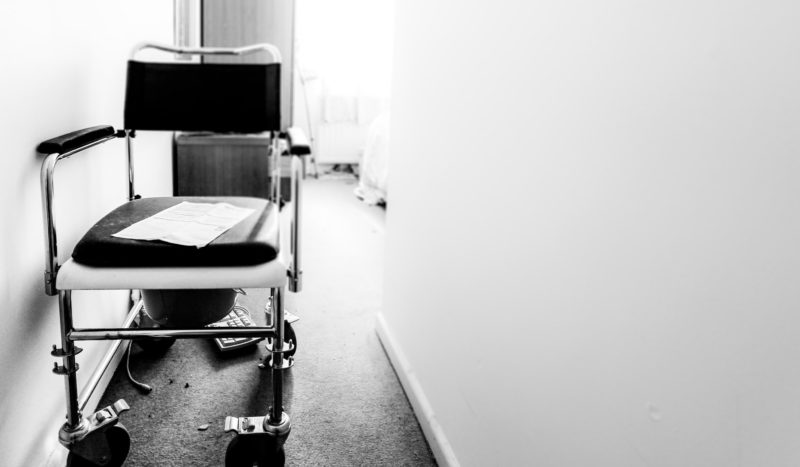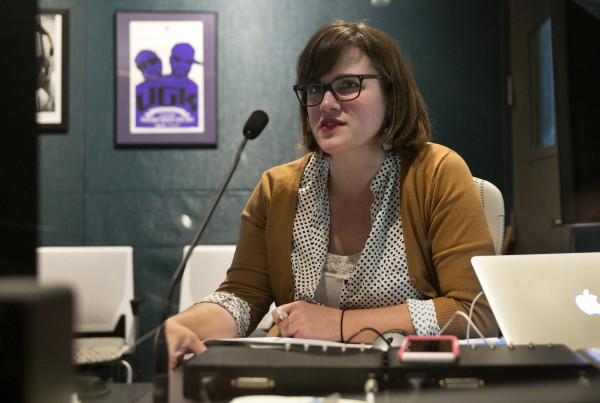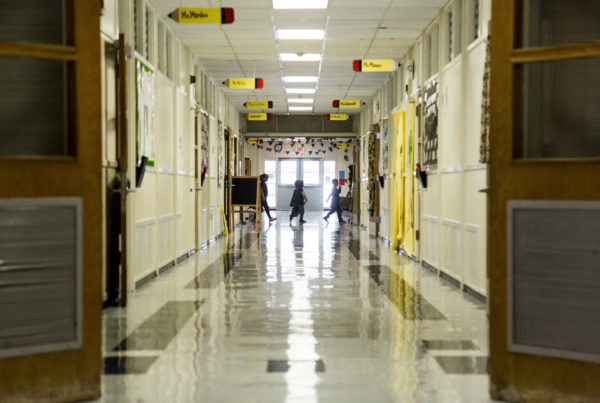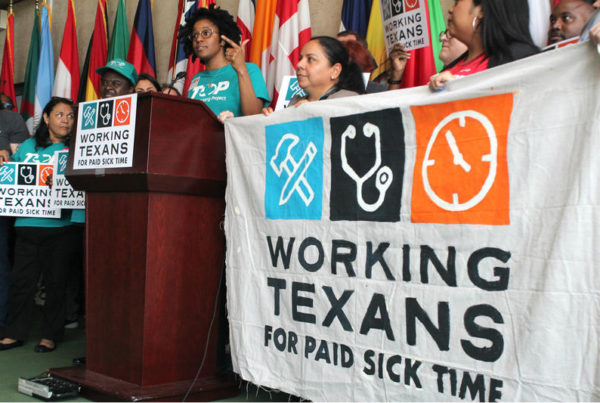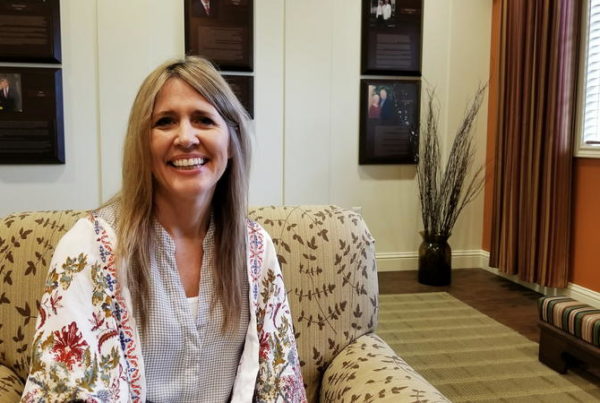After a yearlong investigation, Dallas Morning News reporter J. David McSwane published his findings on how the state of Texas is failing its most vulnerable patients. The report, Pain and Profit, describes two cases with particularly tragic endings as a result of inadequate care under the Superior HealthPlan.
“What we’re talking about is really sick children, foster children and disabled adults who in past years would have required the sort of care that you get in a nursing home,” he says. “In recent years, that home is supposed to be provided in their homes, which is cheaper for taxpayers and is supposed to result in better health outcomes. But the state of Texas outsourced that care to a few national multi-billion dollar companies, and we found that they’re skimping on that care as they make record profits.”
McSwane found that the state of Texas began, and almost completed, a study that would have shown how pervasive the problem is – but they didn’t follow through.
“Just as they had the sample they needed to figure out how many disabled adults weren’t receiving things like home nursing – dementia patients didn’t have anybody around to help them know when to take their medications or go to the doctors, things like that – they chose not to run their own data,” McSwane says.
He says the study wasn’t even attempted with foster children. D’ashon Morris is one of those cases. Unable to breathe or eat without help, Morris required a tracheotomy tube for his survival.
McSwane says the child took to pulling out the tube. His doctors, nurses, caregivers and foster mother said he needed constant care and supervision – but their requests were ignored.
“The company didn’t listen. The mother lost the appeal. The state didn’t intervene and ultimately exactly what they said would happen, happened.” McSwane says Morris suffocated when a nurse wasn’t present and he is now in a vegetative state.
Morris is just one example of the sick patients in the state’s care who are denied the home nursing that they need.
Heather Powell is paralyzed from the neck down with very limited use of her arms. Nearly a year ago, her lift broke – it assisted her out of bed and into her chair safely. Superior Heath’s delayed response to fix the lift left her unnecessarily bedridden.
“And this is happening at the same time that she doesn’t have the right bed, which is supposed to prevent painful ulcers that can kill people who are stuck in bed. Then they said ‘you know what, we are going to cut your personal attendant hours in half. You are going to spend 17 hours a day without anybody to help you’ and she cannot move,” McSwane says.
So who’s at fault for these failures?
“I think our series shows that everybody’s dropping the ball,” he says.
Top health officials are not listening to health reports, following up on cases or penalizing companies when they fail to deliver care. Lawmakers are addressing individual cases but failing to change any of the systemic problems.
“Despite that evidence, they’ve pushed for more expansion,” says McSwane. “We think a powerful lobby has contributed to that.”
Written by Sarah Yoakley.


